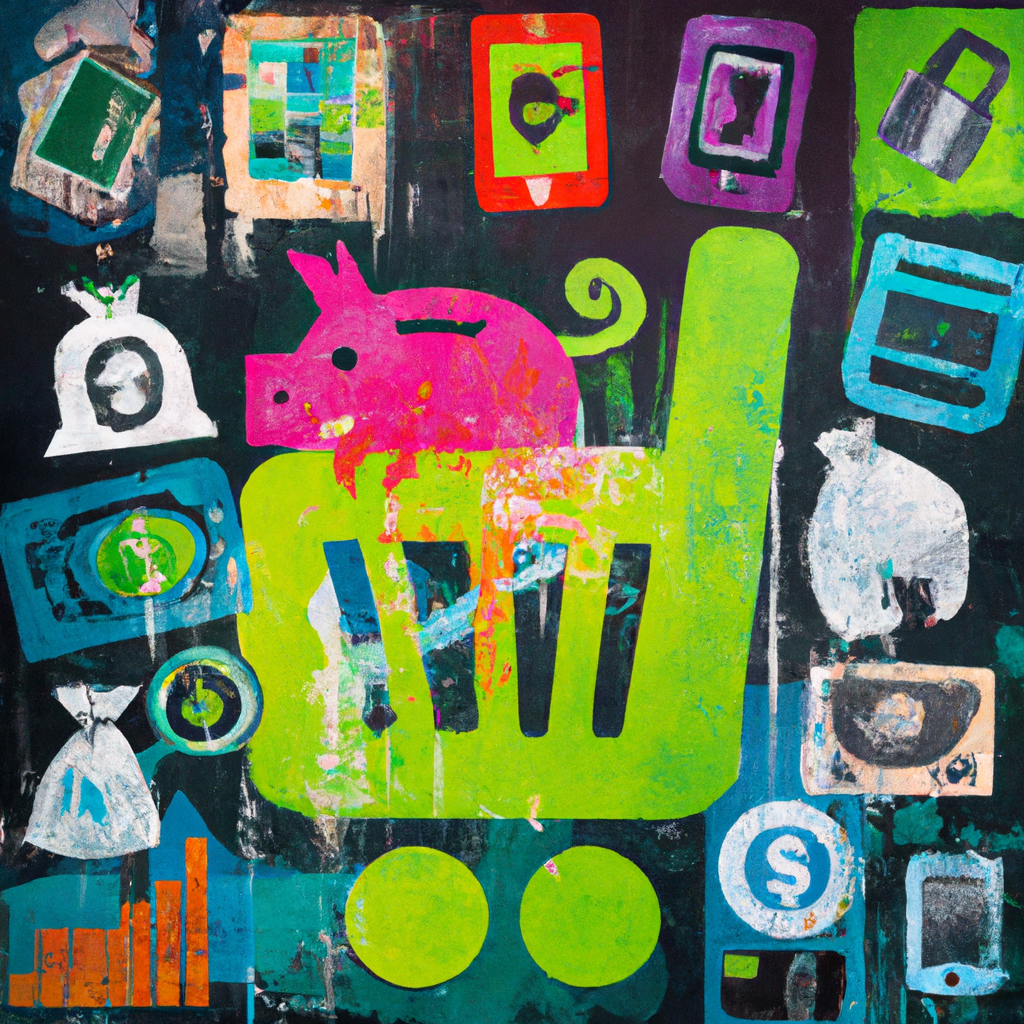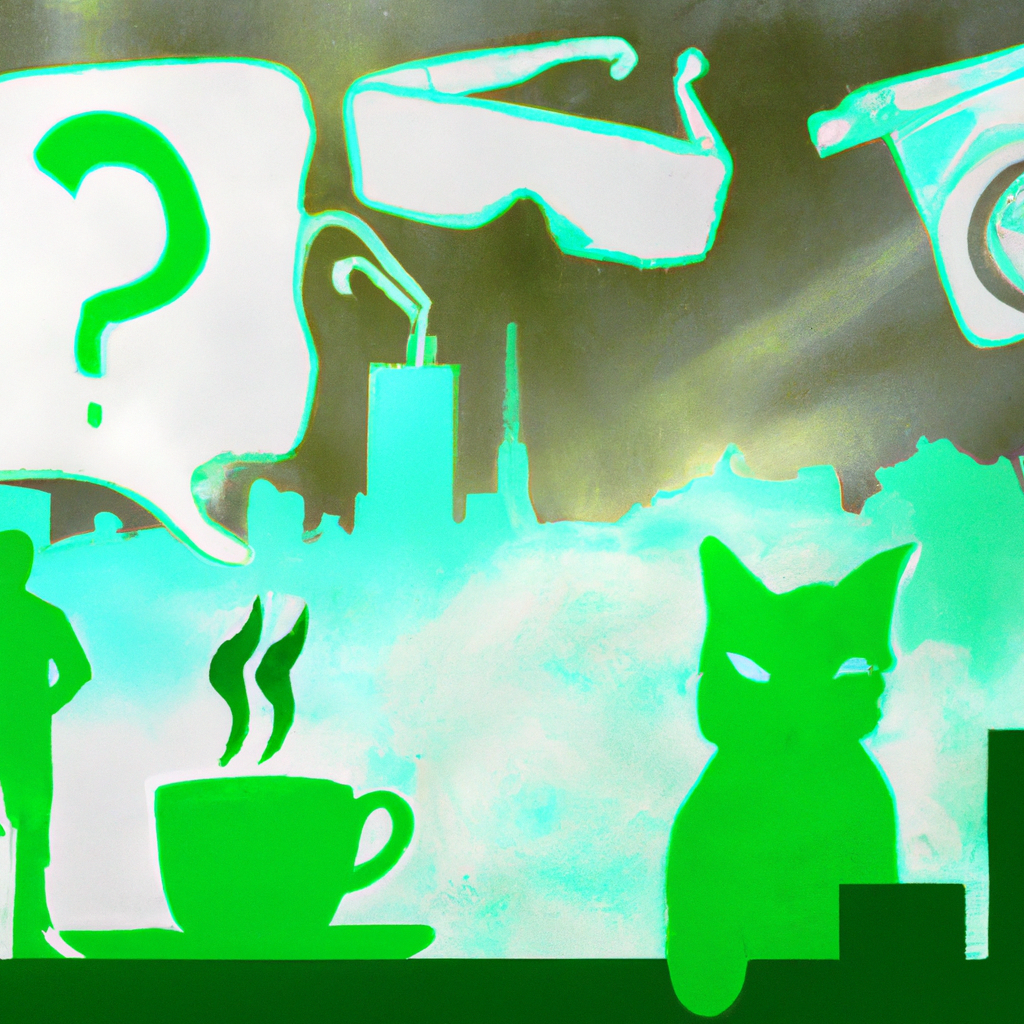In a world where the price of bread is rising faster than the dough itself, the promise of slashing food costs with secret apps feels like a digital deus ex machina. But before we hit download, let’s explore whether these apps are the financial saviours they claim to be or just another pixelated pipe dream.
What’s Claimed
According to a recent article from The Sun, one savvy shopper boasts of cutting her food shopping costs dramatically by using little-known apps. The tale of a £19 basket of meat and veg being snagged for a mere £2 feels like the stuff of fiscal fairy tales. But is it fact or fiction?
What We Found
Our investigation into these secretive savings tools reveals a mix of truth and trickery. While discount apps like Too Good To Go and Olio do offer genuine savings by connecting consumers with surplus food, the notion that anyone can consistently nab a £19 haul for £2 is more elusive than a unicorn at a meat market.
Cultural Context or Why It Matters
In an age where financial strain is as ubiquitous as Wi-Fi, the allure of cutting costs with a tap and a swipe is enticing. But it raises deeper philosophical questions: Are we seeking to outsmart the system, or are we simply adapting to a world where the cost of living outpaces our earnings? The narrative of secret apps as modern-day Robin Hoods might be comforting, but it can also distract from systemic issues that require more than just technological tinkering.
The Receipts
Verdict
Misleading: While discount apps offer savings, consistent extreme bargains like £19 for £2 are not guaranteed.





